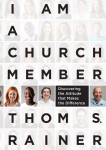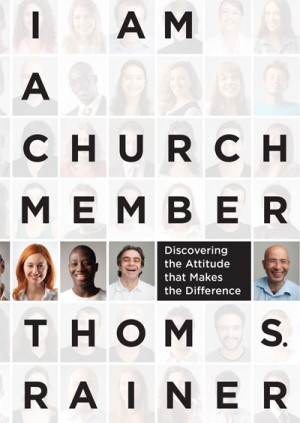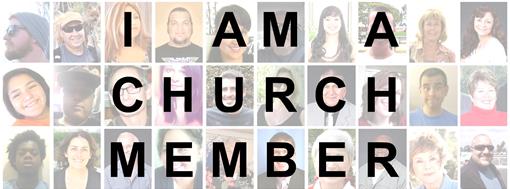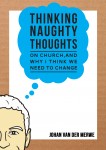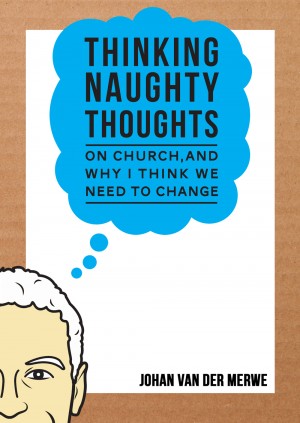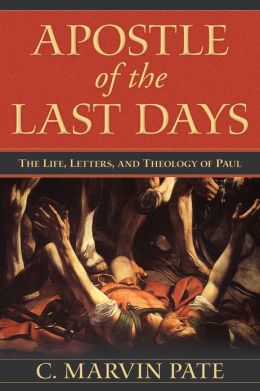 Dr. C. Marvin Pate has written an excellent volume on the theology of the Apostle Paul. It is titled, Apostle of the Last Days. Kregel sent me a review copy, and it is already one of the best books I have read in the past year.
Dr. C. Marvin Pate has written an excellent volume on the theology of the Apostle Paul. It is titled, Apostle of the Last Days. Kregel sent me a review copy, and it is already one of the best books I have read in the past year.
Apostle of the Last Days
I had Dr. Pate as a professor when I was a student at Moody Bible Institute, and really enjoyed his insights into Scripture, his wit, and his quirky personality. I only took him for one or two classes, but consider him to be one of my influential professors from college. He challenged me to really consider the historical and cultural background material of Scripture.
Grammar and word studies are nice, but if you don’t know the history and culture behind a biblical book or passage, you will never really understand what Scripture teaches.
This book by Dr. Pate provides excellent historical and cultural background into the life, thinking, and theology of the Apostle Paul. Though I have not yet read N. T. Wright’s Paul and the Faithfulness of God, this volume on Paul’s theology is by far one of the best on this topic I have found.
Apostle of the Last Days challenged me to read Paul’s letters not just in light of the history and culture of Judaism, but also in the history and culture of Graeco-Roman thinking, and most importantly of all, in light of the eschatological expectations of both groups.
Eh… what?
Let me put it in simple terms:
 Both the Jews and the Romans had hopes and dreams for what would happen at the end of days. Pate shows that Paul wrote to reveal how Jesus fulfills and completes these hopes and dreams.
Both the Jews and the Romans had hopes and dreams for what would happen at the end of days. Pate shows that Paul wrote to reveal how Jesus fulfills and completes these hopes and dreams.
Summary of Apostle of the Last Days
After a chapter of introduction about the views on the theology of Paul and some of the central tenants of Pauline theology, Pate goes letter by letter through the writings of Paul to show how Paul tied together Jewish and Graeco-Roman hopes about what would happen at the end of days, and shows how these hopes were fulfilled in Jesus Christ and the Kingdom of God.
Serious students of Pauline theology must not overlook this important volume by C. Martin Pate. Pate is on to something about Paul’s thinking and theology that is often missed by Pauline scholars: Paul is not only writing a response to Jewish theology, but is also writing a response to Greek and Roman theology, and especially the Imperial Cult of Caesar worship.
It could probably be said that the letters of Paul are not only intended to show how Jesus fulfills the Old Testament prophecies about the Messiah, but how Jesus also fulfills the Graeco-Roman expectations for what Caesar was supposed to be and do.
This is a challenging idea on multiple levels, and if true, the ramifications are far-reaching. As such, Apostle of the Last Days is a critically important book for thinking about Pauline theology and teaching. If you are preaching or teaching on any letter of Paul, I highly recommend this volume. You can get Apostle of the Last Days at Amazon.
I liked this book by C. Marvin Pate so much, it inspired a book idea of my own which I really want to write. First, however, I have to finish with the five books I am already writing… sigh…




 A few years ago I decided to sit down and figure out if it was true. It turns out that 2000 books was probably a bit of an overestimate…. especially considering the fact that most people probably don’t read more than a dozen books a year or so (
A few years ago I decided to sit down and figure out if it was true. It turns out that 2000 books was probably a bit of an overestimate…. especially considering the fact that most people probably don’t read more than a dozen books a year or so ( Yeah, it is strange, but that is how I have come to view books. Though there are millions of books available to read, I can only read 4000, so I have started to try to decide if each book is “readworthy” … that is, does it deserve a spot on my list of 4000 books I will read in my lifetime?
Yeah, it is strange, but that is how I have come to view books. Though there are millions of books available to read, I can only read 4000, so I have started to try to decide if each book is “readworthy” … that is, does it deserve a spot on my list of 4000 books I will read in my lifetime? 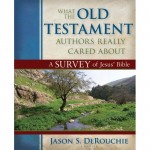
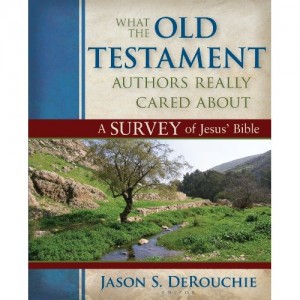
 Having said that, however, there is one main reason I cannot recommend this particular Old Testament survey. My complaint will actually be a reason which many people will find this to be one of the best surveys available. My complaint is this: Most of the chapters (including the first one) seemed to focus not so much on pushing the reader toward Jesus Christ, but toward John Calvin.
Having said that, however, there is one main reason I cannot recommend this particular Old Testament survey. My complaint will actually be a reason which many people will find this to be one of the best surveys available. My complaint is this: Most of the chapters (including the first one) seemed to focus not so much on pushing the reader toward Jesus Christ, but toward John Calvin.